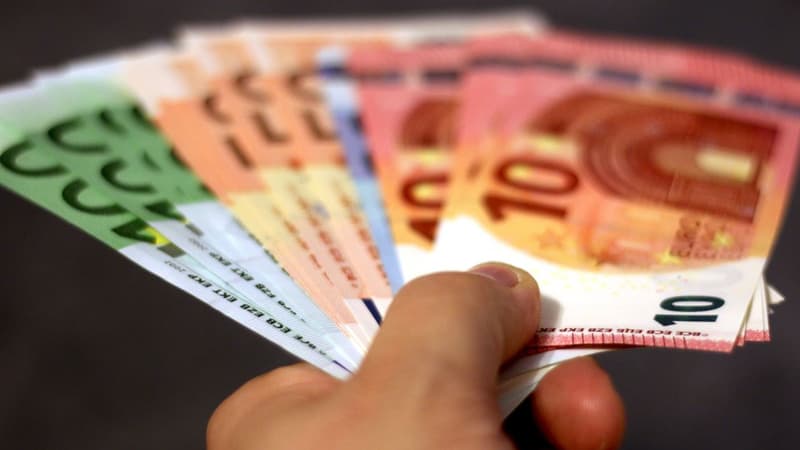In its draft budget for 2023, the Italian government led by Giorgia Meloni recently proposed raising the ceiling on transactions that can be settled in cash from €1,000 (as in France) to €5,000, as well as allowing merchants to decline payments. digital. less than 60 euro.
These proposals go against the measures taken by previous Italian governments in favor of card and mobile payments. Provisions, imposed in particular by the European Union in exchange for the advance of 200,000 million euros granted to Italy to finance its post-Covid national recovery plan, which oblige merchants to accept all electronic payments whatever their amount, exposing themselves to Otherwise, fines of 30 euros plus 4% of the amount of the denied operation.
These provisions were quite new in a country where cash is still dominant for the payment of small purchases (every Italian pays 85 bank card transactions per year, compared to 156 on average in the EU). The cap on cash payments at 1,000 euros was thus set only on January 1, 2022. But, of course, the Meloni government’s proposals are causing controversy. Through its chief economist, the Bank of Italy has stressed that by encouraging the financing of criminal activities and tax evasion, such measures go directly against the modernization of the economy.
In response, Giorgia Meloni indicated that these measures will prevent merchants from having to pay commissions to banks but acknowledged that the 60 euro limit could be debated.
slow change of use
In France, these measures have often aroused somewhat exaggerated comments in the media, giving Giorgia Meloni, for example, the desire to “kill the credit card”, no less! Italy is turning in on itself and saying no to the banks, we could also read. And the old clichés that made Italians the kings of tax evasion have reappeared.
However, today throughout Europe, as well as in the United Kingdom and the United States, there are concerns about the closure of counters and ATMs. Businesses are prohibited from refusing cash payments.
In fact, the use of cash is not reduced as expected, given the rise of electronic payments. First, a very common delusion is that payment practices can change rapidly. In fact, they change slowly, often on the scale of a generation, with new means of payment adding to old ones in the meantime rather than replacing them. But it is also that cash has a utility that we do not easily recognize.
If we try to limit the closing of bank windows, it is officially to protect isolated or disadvantaged populations that do not have or do not have easy access to electronic means of payment. This is undoubtedly a reality. However, consider two recent initiatives.
As part of the Access to Cash Action Group, an initiative to preserve access and use of cash in the UK, which brings together major UK banks along with trade and consumer associations, banks are rolling out a new cash back no purchases. Service. It allows merchants with an electronic payment terminal to offer customers of any bank with a Visa or Mastercard debit card to withdraw cash up to £100 per day, without these customers having to make a purchase. In exchange, the companies receive transaction fees from the banks. You read right! It is, therefore, about providing cash (and replacing ATMs that have become too difficult to make profitable) to customers who are also equipped with electronic means of payment (cards and mobile phones).
In France, given the success of its “Proximity payment” service, developed at the request of the General Directorate of Public Finance in collaboration with the Confederation of tobacconists, La Française des jeux will extend this solution in 2023 to the payment of private invoices within the framework of the Nirio Brand.
security and privacy
At the end of 2021, the local payment service brings together 13,400 approved tobacconists equipped with special terminals in 6,700 municipalities that allow users to pay their fines, local public service receipts or even taxes of less than €300, either in cash or with credit card. Since July 2020, this service has registered more than 2.5 million public receipt payment operations. Nirio will enable the payment of water, energy and telephone bills and the payment of social income in the same way. An app will also allow users to centralize their invoices.
Suffice to say, Nirio is not for the digitally retarded! To use it you will need a smartphone on which the application has been downloaded, to scan the invoices and receive a payment QR code. But if you need a smartphone, why not use it to pay? Reasons cited are security, confidentiality and the attractiveness of proximity.
And the weight of the informal economy? We are careful not to mention it. However, one can wonder if it is not and will be in the current economic context that is increasingly vital for a growing part of the population. With the social need not to dry it by limiting the use of cash. What governments will strive to do. Not being able to say
Source: BFM TV


